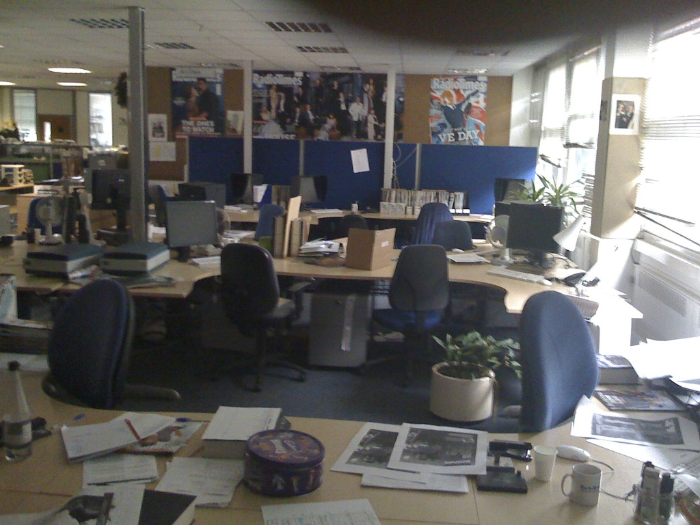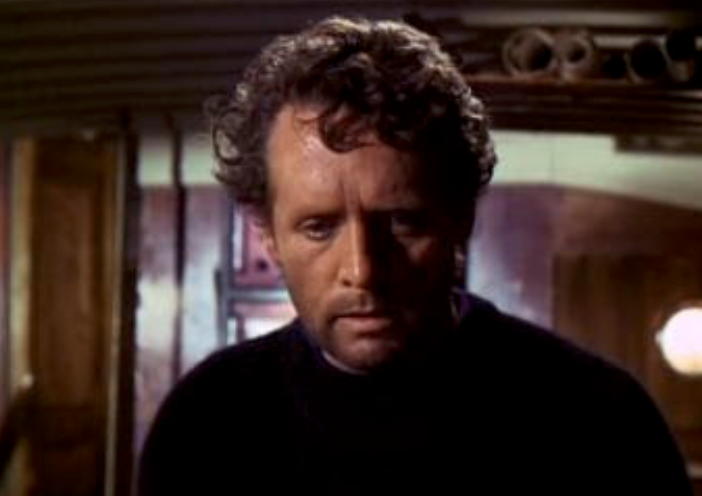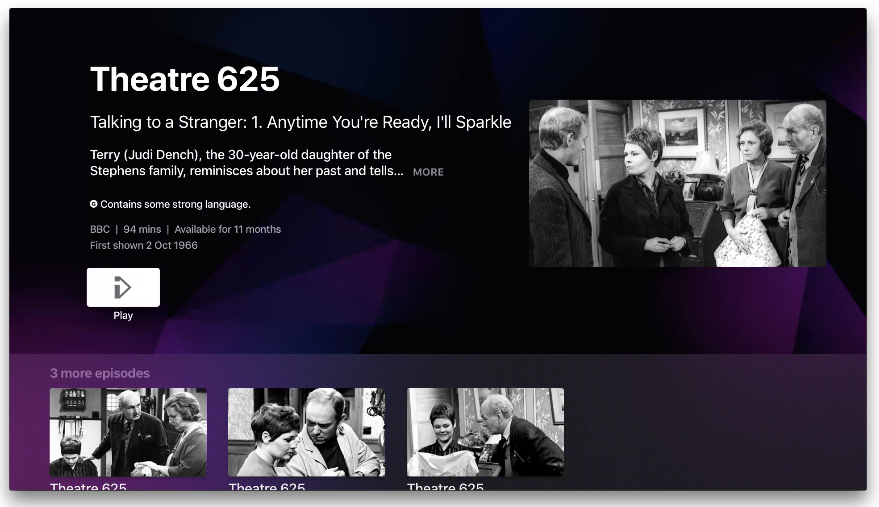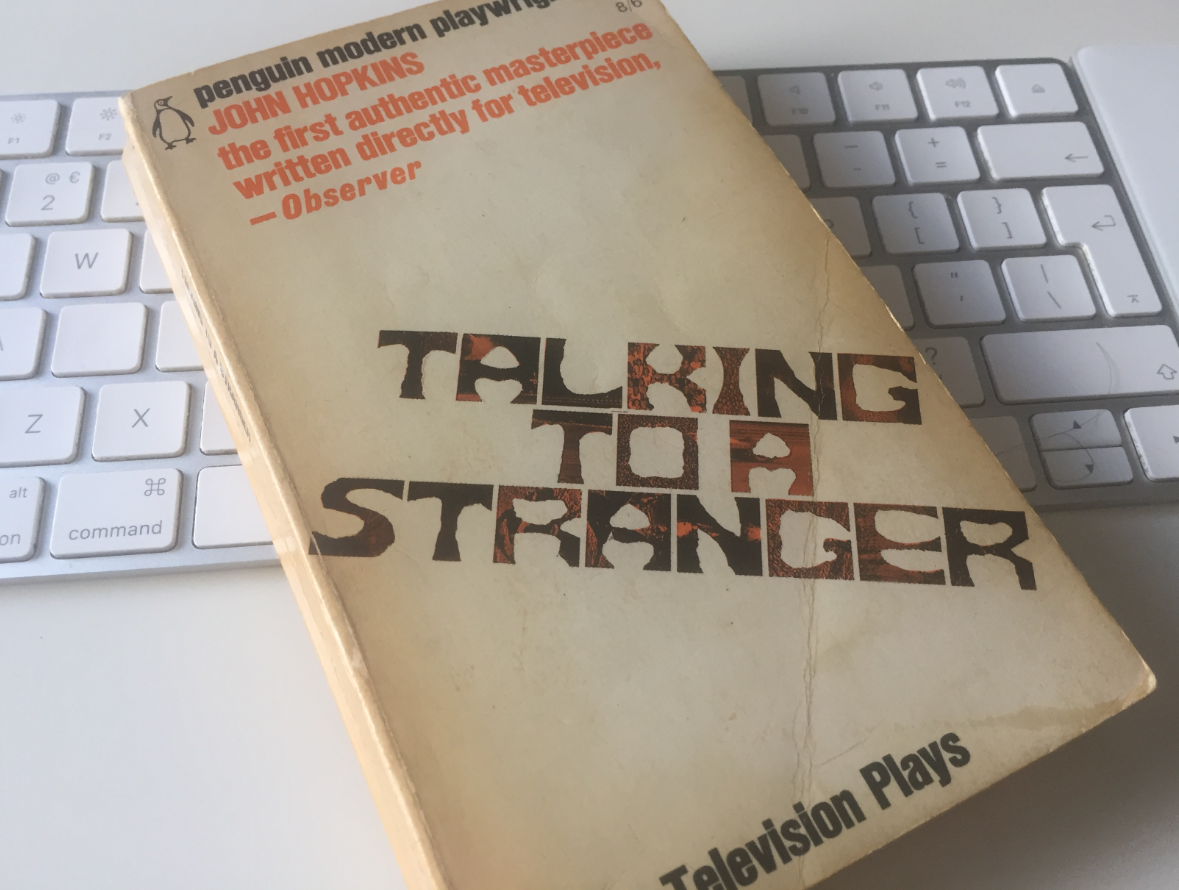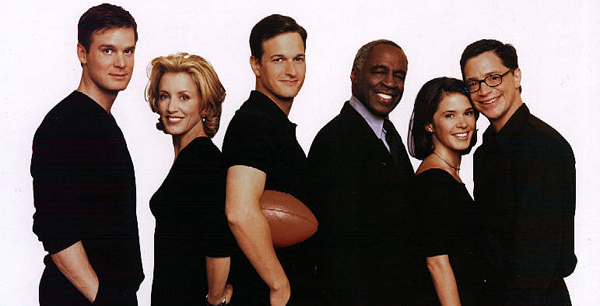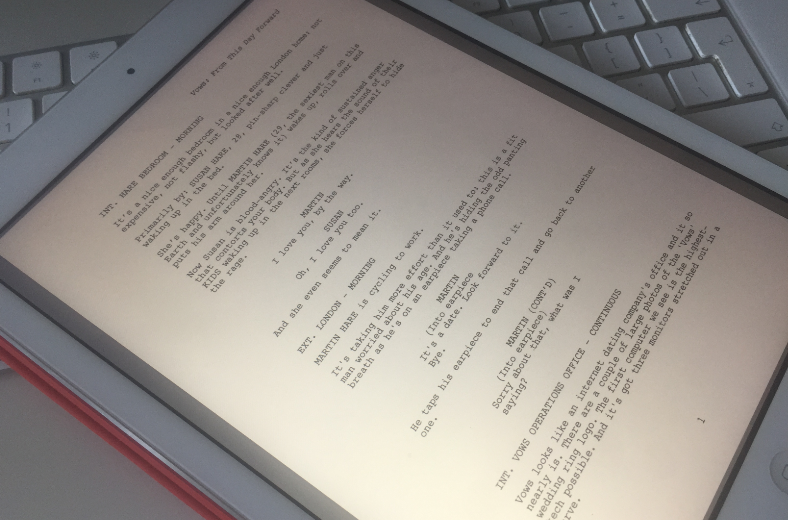Last year, I made a big deal of the fact that I read 640 or so scripts. I generously offered you ten lessons that I’d learned and, while I didn’t say this at the time, it was difficult enough to come up with ten that I figured I had found them all. I had learned all there was to learn.
Give me this: when I’m wrong, I’m thorough about it.
For now that I don’t have this resolution, now that 2018 is over and I am no longer reading a script a day, I’ve relaxed and only read some 41 more of them so far this month. And number 38 went against at least many of my ten lessons.
I won’t tell you what the script was because I want to work on the series some day. But I will tell you this: the reason I read numbers 39, 40 and 41 right after it was because 38 had put me into a foul mood and I wanted to clear my head.
Didn’t work. Let me tell you as an aside, to make up for not naming this script and to hopefully be of some use instead of just grumbling at you, that number 39 was an episode of I’m Alan Partridge (book). Then 40 and 41 were a two-part Star Trek: Deep Space Nine story. (The Search part 1 and part 2.)
All three are good. Still didn’t help. I went to bed annoyed and I’m ratty again today.
Chiefly because this script is for a show I saw early last year and had enjoyed on screen. On the page, it was irritating. I’ve said that actors, directors and producers can make a poor script seem okay but they will never make it great. That was one of my ten lessons and yet now there’s this. Maybe the show made from this script wasn’t exactly fantastic, but it was very, very good.
Good enough that I was excited when a friend sent me the script.
On the page, all I can see is how hard the cast had to work to make this dialogue sound natural. When I remembered how the actors delivered a line, I could see how they got there but otherwise it just wasn’t on the page. Good dialogue doesn’t make sense and isn’t grammatically correct yet there’s a way to write it so that when you read it on the page, you hear how it should be spoken and you believe it. You believe this is what a real person would say.
In this script, there was none of this. Dialogue was just a mash of words that you had to unpick.
All of the ideas that I’d so liked in the finished show are right here in the script yet somehow they’re carelessly half-hidden.
I think this is what has left me in a bad mood. This felt careless. It really isn’t, it really cannot be, yet that’s how it reads. I think what I’m struggling to reach is a thought that this script was written by someone who doesn’t care about scriptwriting. I’m certain they care about television drama and I will always agree with them that a script is just a blueprint for a show.
I’m guessing now, but a typical television series script will only be actually read by perhaps a hundred people. Maybe two hundred at the absolute outside. What’s more, every one of those readers is a professional who has worked on drama before. This script had all the information each one of them needed to do their jobs. And the end result worked very well on screen so the only sane conclusion is that I’m an idiot.
Only, this is writing. By a writer. You may well not like what I write but it isn’t casually thrown off, it isn’t careless. I’ll never know if I’m any good but I do know that there is a certain standard that I can’t slip below. If I write crap, it isn’t the writing that’s so bad, it isn’t the technique or the skill or the care.
I think the conclusion you’re helping me reach is that the writer of this script is not a good writer – and yet he does make a good television drama.
I didn’t think that was possible. I’ve said it isn’t possible. And even now, right this moment, right here talking to you, I still believe that it isn’t conceivably possible. But seemingly it is.
I don’t especially mind being wrong. What I mind is that I’d say this script was bad and yet the show was good.
This kept me awake.
Thanks for being my therapist today, I owe you. Now, I’m off to read another script and to write one too.
